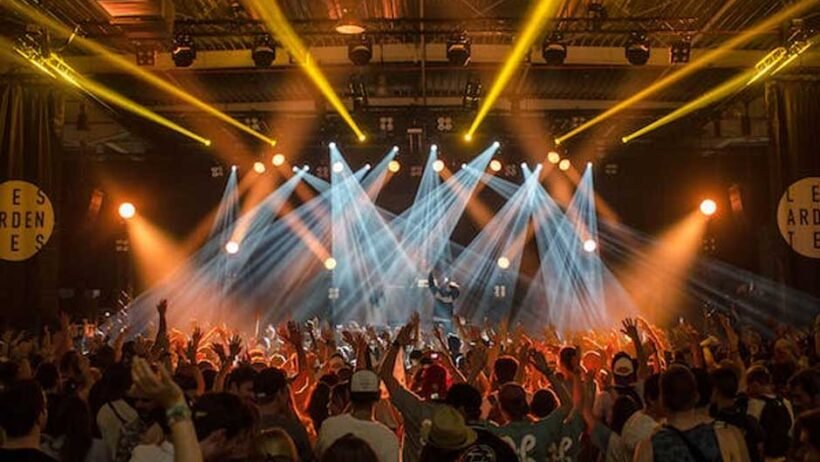Music festivals are more than just a collection of performances—they’re vibrant experiences that bring communities together, create memories, and showcase talent. Organizing a music festival, however, is no small feat. It requires careful planning, creativity, and a deep understanding of your audience. Whether you’re planning your first festival or looking to elevate an existing event, these steps will help you orchestrate a seamless and unforgettable experience.
1. Define Your Vision and Goals
Every successful festival starts with a clear vision. Ask yourself: What kind of experience do I want to create? Will it focus on a specific genre, such as indie rock or electronic music, or offer a diverse lineup? Identifying your goals early on will shape every decision—from venue selection to marketing strategies. A strong vision also helps communicate your concept to sponsors, performers, and attendees, ensuring everyone is aligned.
2. Budget Wisely
Budgeting is crucial to avoid unexpected financial pitfalls. List every potential expense, including venue rental, artist fees, sound equipment, security, marketing, permits, insurance, and staff wages. Factor in contingency funds for unforeseen costs. Remember, ticket pricing should reflect the value of the experience while remaining accessible to your target audience. Careful budgeting ensures your festival can be both memorable and sustainable.
3. Choose the Right Venue
The venue sets the tone for your festival. Outdoor parks, warehouses, or amphitheaters each offer distinct experiences. Consider the capacity, accessibility, facilities, and acoustics. You also need to account for logistical needs such as parking, restrooms, emergency access, and potential weather challenges. A well-chosen venue can elevate the atmosphere and keep attendees comfortable and engaged throughout the event.
4. Curate a Compelling Lineup
Your performers are the heart of the festival. Booking acts that resonate with your audience will generate excitement and boost ticket sales. Balance well-known headliners with emerging talent to offer a mix of draw and discovery. Timing is also essential—schedule performances strategically to maintain energy levels and avoid overlaps that might frustrate attendees. A carefully curated lineup ensures the festival remains dynamic and engaging from start to finish.
5. Plan Logistics and Operations
Organizing a music festival is like running a small city for a day or weekend. You’ll need detailed plans for stage setup, sound and lighting, crowd management, security, and emergency response. Ensure all vendors, staff, and volunteers are coordinated and understand their roles. Clear communication channels and a master schedule help avoid chaos. Logistics are the backbone of any festival—without them, even the best lineup can falter.
6. Promote Your Festival
Even a top-tier festival can fall short without strong promotion. Partnering with an experienced advertising agency in Tulsa, OK, can help you maximize your reach through social media campaigns, email marketing, local business collaborations, and press coverage. Craft a captivating story around your festival, emphasizing standout features, special performances, and community initiatives. Early bird tickets, giveaways, and interactive promotions can create excitement and build anticipation well before the first note hits the stage.
7. Engage Your Audience On-Site
Once the festival begins, focus on creating an immersive experience. Interactive installations, food and drink options, merchandise stalls, and comfortable seating areas enhance the attendee experience. Consider accessibility for all, including ramps, quiet zones, and clear signage. Friendly, informed staff and volunteers contribute to a welcoming atmosphere, ensuring that everyone leaves with positive memories.
8. Evaluate and Improve
After the festival, take time to evaluate its success. Collect feedback from attendees, performers, and staff. Review ticket sales, social media engagement, and operational efficiency. Identifying what worked and what didn’t allows you to make improvements for future events. Successful festival organizers view every event as a learning opportunity, continuously refining their approach to create even more memorable experiences.
In Conclusion
Organizing a music festival is a complex but rewarding endeavor. From defining your vision to executing logistics and engaging your audience, every detail contributes to the overall experience. With careful planning, creativity, and a focus on delivering value, your festival can become a beloved event that resonates long after the final note fades. Behind the beats lies dedication, organization, and passion—the true keys to festival success.








